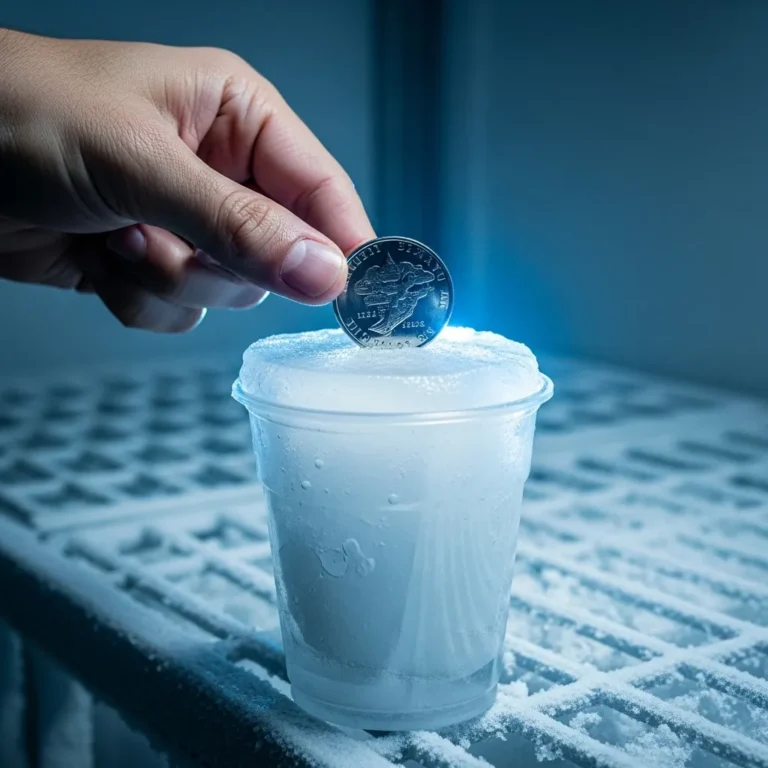Science and technology are advancing at an astonishing speed. Certain instances and phenomena, on the other hand, are actually making science. We’re still perplexed by these events since there are no well-researched theories identifying causes and effects.
Nothing beats putting on a lab coat to make it appear as if you know what you’re talking about, but do scientists have all the answers? Actually, no, as it turns out. There is a plethora of everyday occurrences that science just cannot explain.
Prepare to be astounded by what scientists don’t know about anything from ordinary acts to widely available treatments.
Everyday Things Science Can’t Explain

1. Why Cats Purr
You can stop feeling smug about the fact that Tiddles only purrs for you because, to be honest, we’re not sure why. The cat does not have a purring organ in its throat, and its specific placement in the anatomy of cats is unknown. Some speculate that it is caused by the constriction and dilatation of the larynx, although this is only a theory.
Furthermore, cats purr not only when they are joyful, but also when they are feeding, sucking, or giving birth. However, it has been discovered that a cat’s purrs fall within the frequency range necessary for bone regeneration, thus Tiddles may not love you, but he may have superpowers.
2. How Birds Migrate
Going to a warmer region to escape the bitter bite of winter isn’t just for people with money to burn. Many bird species migrate over extremely large distances to deposit their eggs or escape severe winters. Scientists, on the other hand, have had a difficult time figuring out how they do it.
Some birds, for example, migrate to their ancestral regions with no instruction at all. There are scientific hypotheses that birds utilize the stars or the Earth’s magnetic field to navigate fail to explain how birds can find the precise coordinates of a location without ever having visited it before.
3. The Placebo Effect
Your brain is as potent as any medication. At the very least, SOME medications. As long as you anticipate a pill to have an impact, it will, even if it is comprised entirely of sugar. The brain is an extraordinarily powerful entity, and scientists are only scratching the surface when it comes to knowing how it works.
One of the things scientists can’t explain is the placebo effect, which works not only for medications but, astonishingly, also for surgery. The body will begin to heal as long as the brain believes surgery has been conducted. Who knows, maybe one day we’ll be able to harness this incredible ability and use it to treat some of our other problems.
4. Why Ice Is Slippery
After a century and a half of scientific investigation, no one has figured out why ice may cause you to tumble down. Scientists believe that the slipperiness is caused by a tiny layer of liquid water on top of solid ice and that the mobility of fluid makes it difficult to walk on, even if the layer is thin.
However, there is no agreement on why ice, unlike most other materials, contains such a layer.
The act of slipping and making contact with the ice, some think, may be what melts its surface. Others believe the fluid layer existed before the slipper and is formed by the natural mobility of surface molecules.
5. Why People Yawn
We all yawn, you yawn, I yawn. You are more likely to yawn if you read or think about it. (Did you just yawn?) You may also “catch” yawns from other people and animals such as dogs. But what is the point of yawning?
There are many ideas, but none appear to stand up to scientific investigation. One benefit of yawning is that it helps to cool the brain by boosting blood flow to the jaw, neck, and sinuses and then eliminating heat from your blood while taking a deep breath.
Contrary to popular belief, yawning is less common in hot weather, when the air has less potential to chill the body. In a nutshell, yawning “fails just when we need it.”
One theory that hasn’t been ruled out is that yawns act as a signal for our bodies to wake up, a means of ensuring we stay attentive, according to scientists, A yawn is typically followed by increased movement and physiological activity, suggesting that some sort of ‘waking up’ has taken place.
6. Déjà Vu
You’ve undoubtedly experienced the experience of feeling as though you’re reliving a prior moment when something happens. What is the source of this unsettling sense of déjà vu? In short, no one knows for sure, but several theories do exist.
One research, which immersed participants in a virtual computer environment, suggests that the emotion arises most commonly when a person comes across a location that is similar in layout to another location, he or she has visited but doesn’t identify.
Another study revealed that one healthy male participant reported a significant repeated sensation of déjà vu after he took two medications to fight against the flu.
This might be due to the contradiction between the sense of newness and the simultaneous sense of oldness—something unknown should not feel familiar. Déjà vu can also happen when the brain fails to correctly encode a fresh memory or when it fails to develop a sense of familiarity.
7. Why We Cry
Some of us cry when we see a sad movie; other times, we cry because we’re overjoyed. However, sobbing in reaction to strong emotions does not appear to be a constructive activity, and it may not have a biological purpose, according to scientists.
Science has shown that not all tears are made equal. The chemical makeup of tears generated when we weep, known as mental tears, differs somewhat from the chemical composition of tears that lubricate, and assist to eliminate foreign things from the eyes.
This has prompted some to speculate that the chemical composition of mental tears causes them to be emotionally restorative. However, there is little evidence that the chemical variations have significant psychological impacts, much alone that such effects explain why weeping originated.











